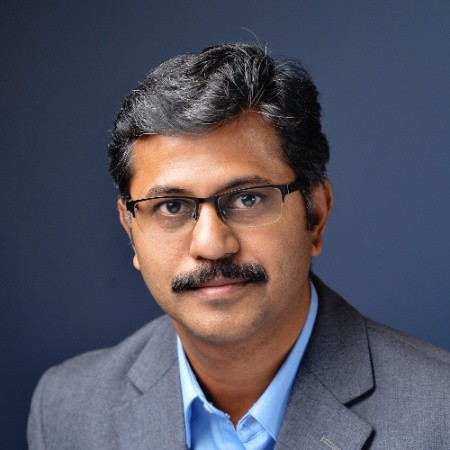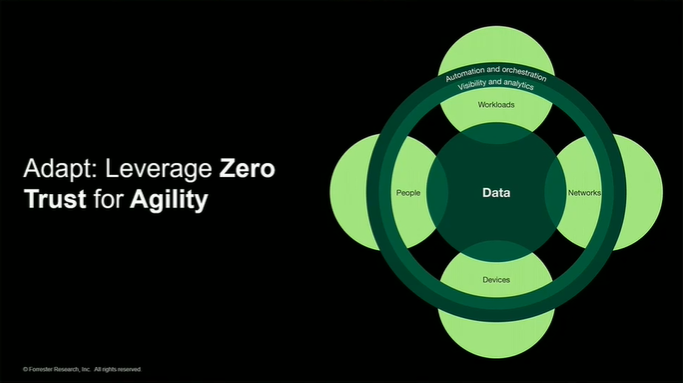When the Internet was born, it promised a form of democracy and guarantee that everybody could be part and setup their company to contribute and make the Internet better. Today – a few giants from one country control the majority of that data. These corporations have done a great job in capturing everything from social- to infrastructure platforms. As with any large corporation – the risks are there for using that power in ways not always desired.
In a world where data is king – this poses a problem for those nations that do not have access to those companies or data. On the one side you have the risk of becoming an “app-only-developer” nation. Meaning that you will be a nation that innovates on top of somebody else’s platform making you very vulnerable to what that company/country allows you to do with that platform. If they change the rules – you must change with it. If the law allows them to take data without formally offering you a say – then those are the new rules you have to live by. Whom out there feels comfortable knowing that somebody can at any time click a button and turn off critical aspects of a nation’s infrastructure or vital apps used by everybody for their daily life? President Trumps power in making a giant such as Huawei kneel – is a starch example.
It leaves those nations with questions around:
Each nation/territory that does not own or have control over platforms will ultimately have to follow the rules of somebody that does. Those nations will at best become “app-developers” where they are dictated what they can and cannot do. Data from the platforms will ultimately allow those nation whom owns them – to gain insight that others do not have.
Already today there are immense dependencies on a few companies services. As always – monopolies or even oligopolies are not preferred for any buying party. To lower these dependencies on these few companies will require bold decisions and change in what people are used to run on their desktops.
When one person can have power to affect a nation or a continent with a press of a button – it is never a secure situation. Many countries in Europe have decided to be self sustaining when it comes to food. Certain data really ought to be treated the same way.
With the rise of AI, Big Data and other modern ways of analysing data – our mark on the environment will continue to rise in multiples.
99% of the world is in danger of falling behind (even more) and risk not being able to control one or more of the above aspects of our data.
Europe – and most of the rest of the world really – are in that big dilemma. All large platforms are concentrated to one or a few countries. Those will have companies that amass data like no others. Those owners of that data have better insight which in turn will allow for greater possibility of continued innovation. It also allows those few nations to work in environments that are tailored to their specific laws and thus can not only secure their own data better – but yield access to others. Cloud Act is one example that is talked about a lot – but most nations have laws that dictates what the Government can and cannot do with any data under a company of that nation.
While European solutions are more limited than American or even Chinese – there are solutions already today. However, it is plain to see that EU and individual nations need to encourage and nurture local solutions by identifying what works and invest in those. This should have happened 10 years ago but it has been too easy to take the same old route and do what all else do. Already 10 years ago the EU could have sent out RFPs that truly took the locals laws seriously. If so – companies and services would have grown. Today Europe’s government agencies are fighting and breaking EU laws to continue what they always have done – rather than nurture choice and abiding by the laws.
The EU is 15 years behind the US – but there is no choice here – it has to happen – the EU needs to support local European solutions. It also means both companies and government agencies need to select services they are not used to. That means big change – maybe you cannot use the platform for mail and office anymore but rather have to use open source for instance. It will be like ripping a large band aid – it will hurt for a while and be sore for a bit longer.
So in order to move on, I believe that the EU and its member states need to take the following actions:
1. Diversity first, rather many private clouds than a monolithic government cloud!
It is clear the EU as well as individual nations will have some data where full control is required. However – do not skimp on automation and key aspects of innovation.
2. Encourage private alternatives which are fully legal.
This can be as simple as forming RFPs that actually requires a supplier to fully adhere to the local laws. It can be by setting up a frame work for local alternatives to join – where full compliance is a basic requirement.
3. Engage heavily in cross-EU cooperation.
Gaia-X is one example of this. Germany and France have kicked off a cooperation where the idea is to nourish many smaller alternatives – again with the outlook of being able to serve EU governments as well as companies with the correct compliance.
EU-countries do not have a choice. Data will continue to become even more important in the future and is vital for our growth and prosperity – not to mention national security. Therefore, a coherent strategy that furthers our development in and around infrastructure and platforms is crucial.
Large investments are needed and above all – a willingness to change. Something government around the EU has not shown they are capable of yet. However, right played, this is a huge opportunity for both the EU, member states and private companies to create new innovations and jobs and build a long term legally and open infrastructure for Europe.
By Johan Christenson





